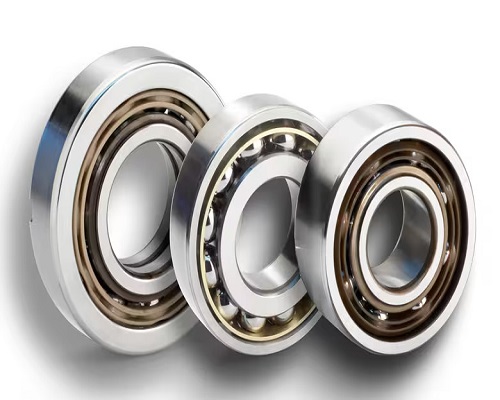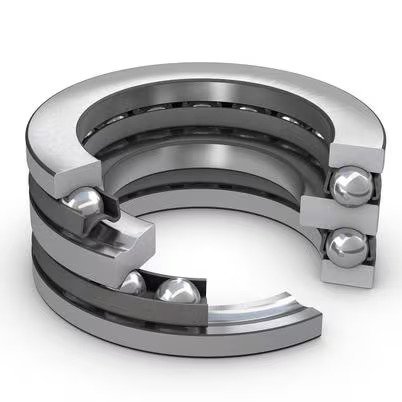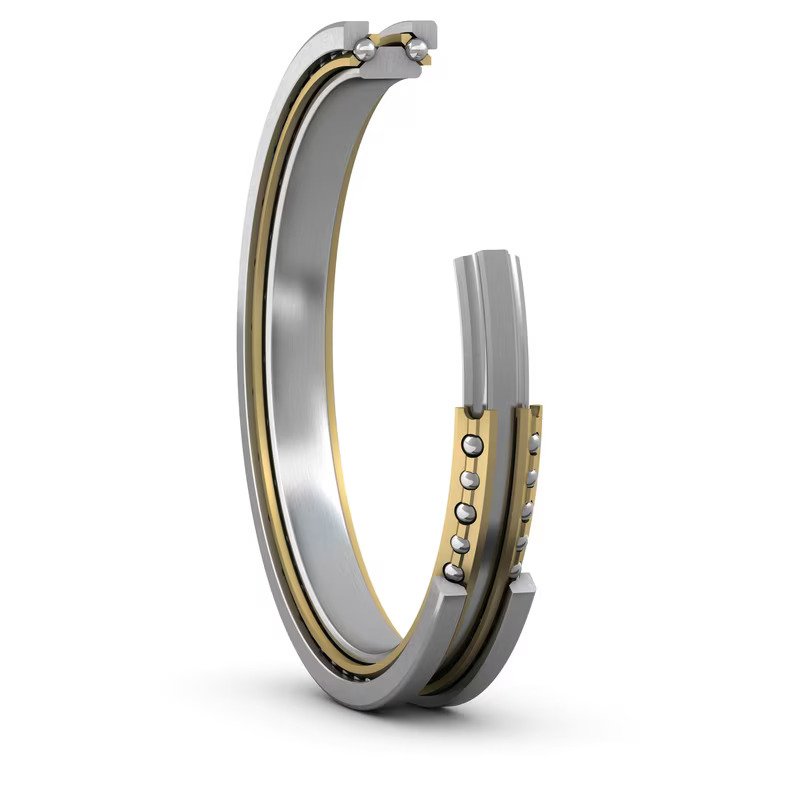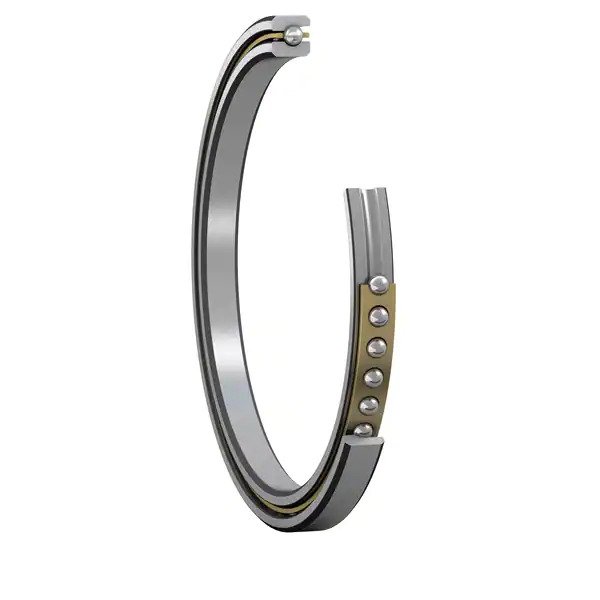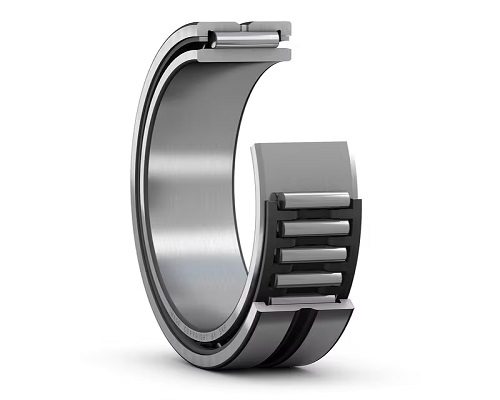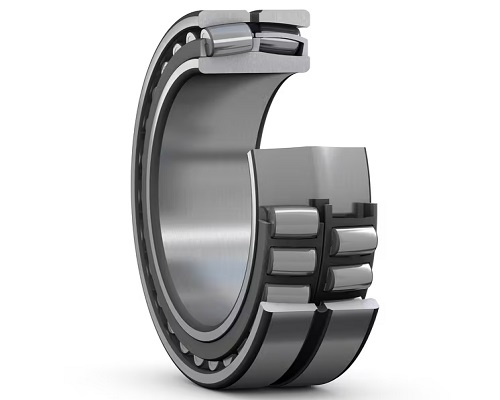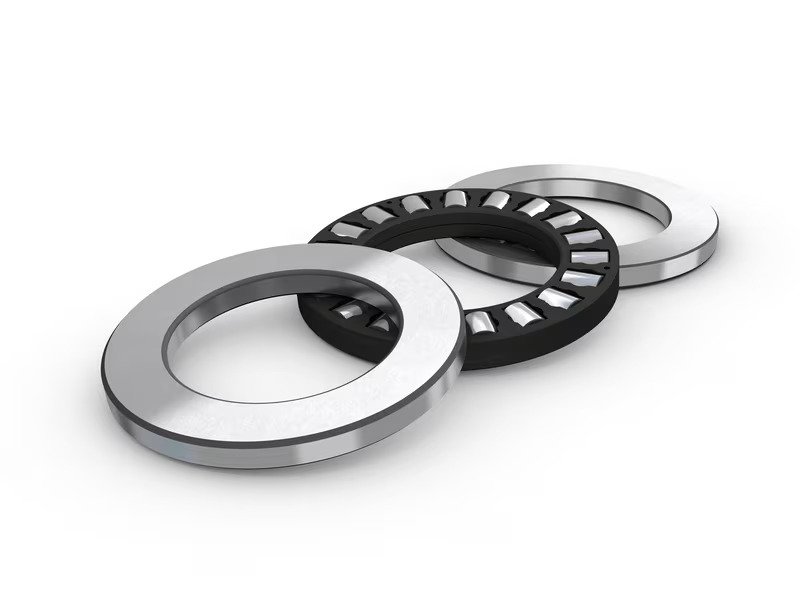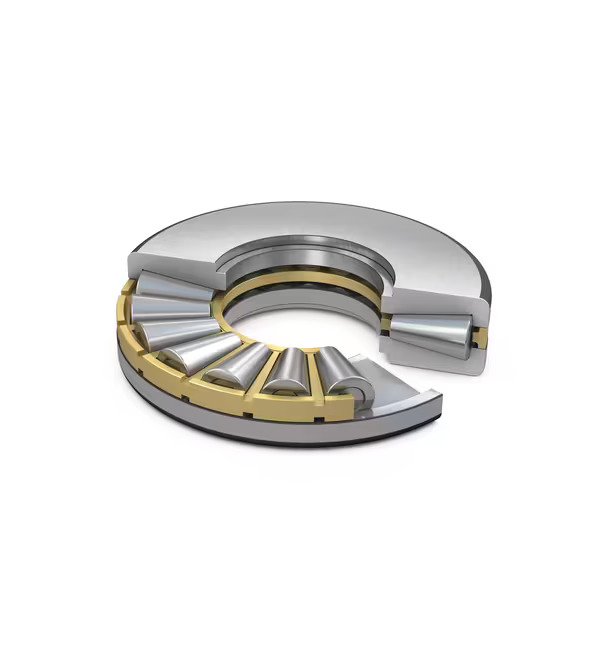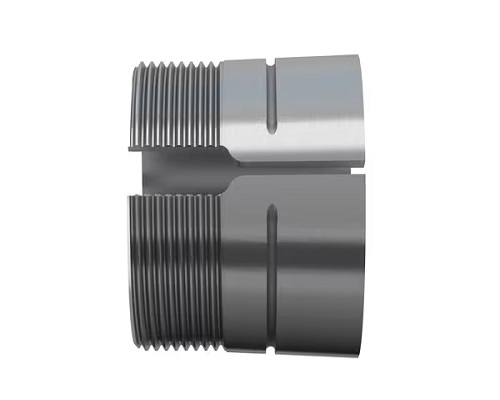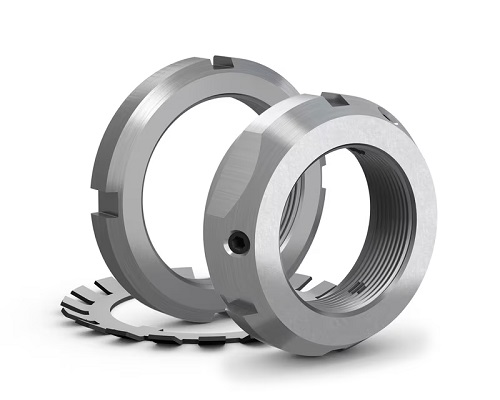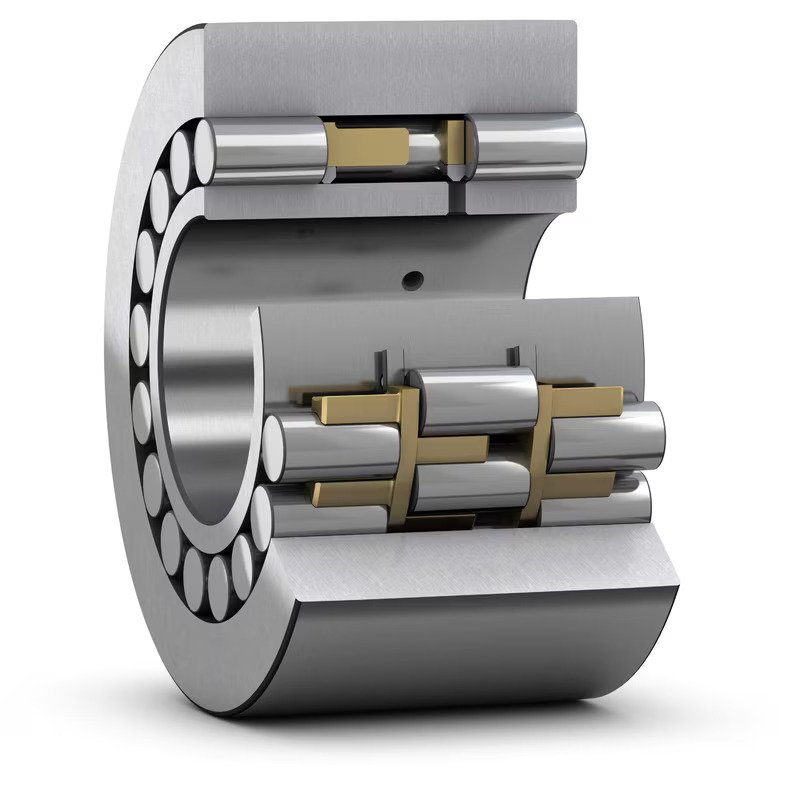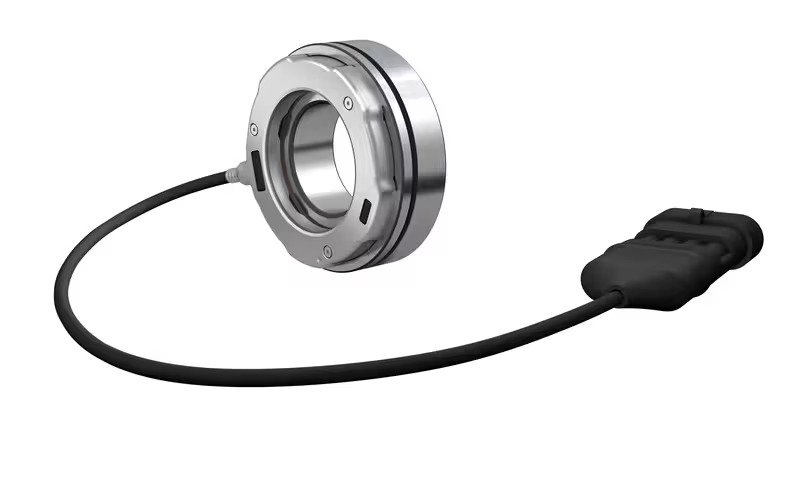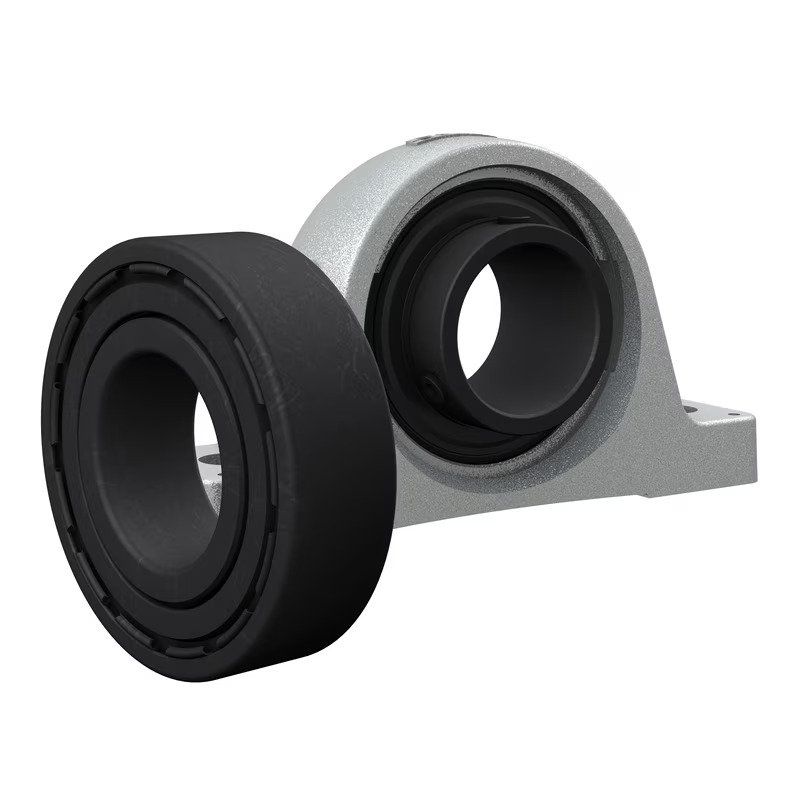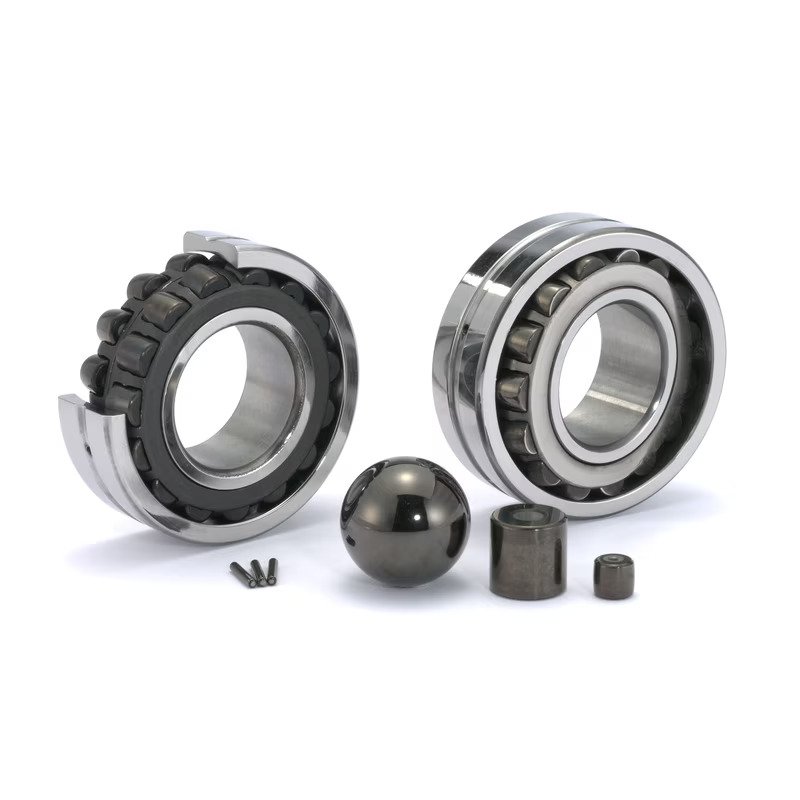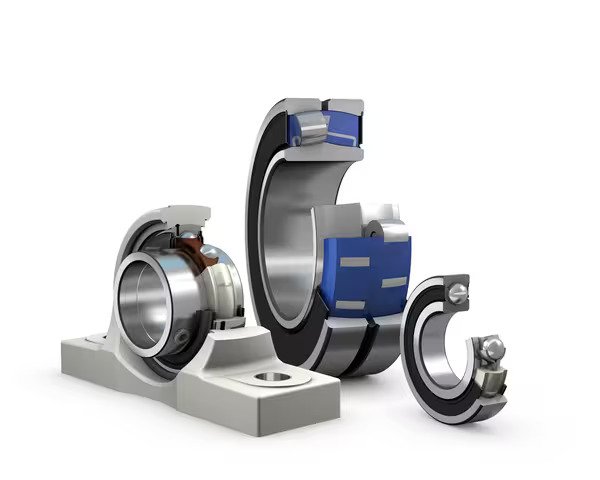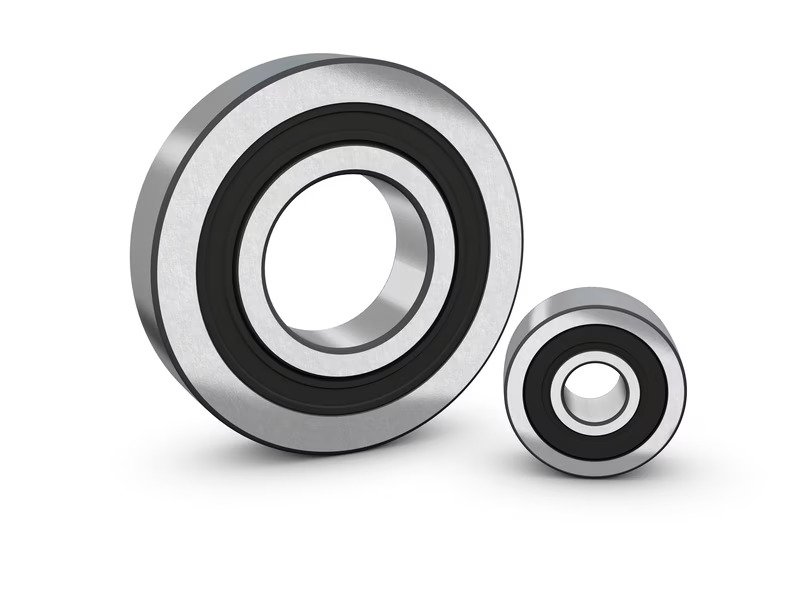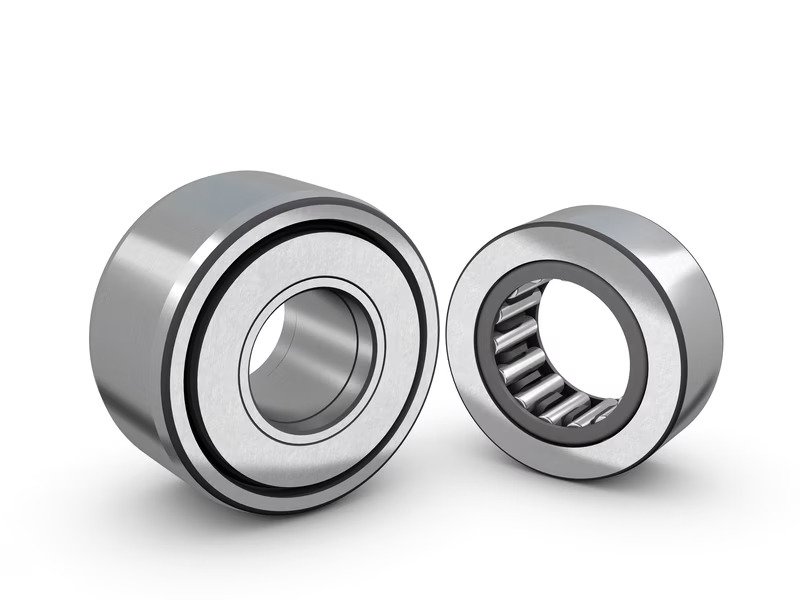
Ball Bearings
Roller Bearings
Bearings Acessories
Engineered Products
Track Roller
Ball Bearings
Deep groove ball bearings
Deep groove ball bearings are the most widely used bearing type and are particularly versatile. They have low friction and are optimized for low noise and low vibration which enables high rotational speeds.
Insert bearings (Y-bearings)
Insert bearings (Y-bearings) are based on sealed deep groove ball bearings in the 62 and 63 series, but have a convex outer ring and in most cases an extended inner ring with a specific
Angular contact ball bearings
Angular contact ball bearings have inner and outer ring raceways that are displaced relative to each other in the direction of the bearing axis. This means that these bearings are designed
Self-aligning ball bearings
Self-aligning ball bearings have two rows of balls, a common sphered raceway in the outer ring and two deep uninterrupted raceway grooves in the inner ring. They are available open or sealed. The bearings are insensitive to
Thrust ball bearings
Our thrust ball bearings are manufactured as single direction or double direction thrust ball bearings. They are designed to accommodate axial loads only and must not be subjected to any radial load. We supplie thrust ball bearings for special application requirements.
Angular contact thrust ball bearings
Ourangular contact thrust ball bearings are separable, i.e. the washers and ball and cage assemblies can be mounted independently of each other. Our ball bearings are designed to support the rotary tables of drilling rigs.
Thin section bearings
Thin section bearings are designed to save weight, use less space, reduce friction, increase design flexibility and provide high running accuracy.These bearings can meet highly demanding and specific requirements. Our thin section bearings can also be customized.
Roller Bearings
Cylindrical roller bearings
Our Cylindrical roller bearings are available in a wide range of designs, series, variants and sizes. The main design differences are the number of roller rows and the inner/outer ring flanges as well as cage designs and materials.
Needle roller bearings
Our needle roller bearings are bearings with cylindrical rollers that are small in diameter relative to their length. The modified roller/raceway profile prevents stress peaks to extend bearing service life.
Tapered roller bearings
With a wide range of designs to choose from, our tapered roller bearings are also customizable to match your specific speed, load, contamination, temperature or vibration conditions. Our Tapered roller bearings feature a cup and
Spherical roller bearings
Dealing with very heavy radial and axial loads in applications prone to misalignment or shaft deflections? Meet the challenge with SKF spherical roller bearings, whose high load carrying capacity and ability to accommodate
Cooper split roller bearings
Cooper split bearing units can be disassembled into smaller components, easing the tasks of lifting and handling and making mounting or replacement simple even in the most cramped and inaccessible conditions.
CARB toroidal roller bearings
CARB toroidal roller bearings are unique: as well as accommodating misalignment without increased stress levels, they also provide frictionless axial movement within the bearing in the non-locating position.
Cylindrical roller thrust bearings
cylindrical roller thrust bearings are designed to accommodate heavy axial loads and impact loads. They must not be subjected to any radial load. The bearings are very stiff and require little axial space.
Needle roller thrust bearings
needle roller thrust bearings are fitted with a form-stable cage to reliably retain and guide a large number of needle rollers. Needle roller thrust bearings provide a high degree of stiffness within a minimum axial space.
Tapered roller thrust bearings
tapered roller thrust bearings are designed to accommodate heavy axial loads and peak loads. The bearings are very stiff and require little axial space.
Spherical roller thrust bearings
spherical roller thrust bearings have specially designed raceways and asymmetrical rollers. The bearings can accommodate axial loads acting in one direction
Bearings Accessories
Withdrawal sleeves
Withdrawal sleeves can be used to mount bearings with a tapered bore onto the cylindrical seat of stepped shafts (fig. 1). The sleeve is pressed into the bore of the bearing inner ring, which abuts a shaft shoulder or similar fixed
Lock nuts
Lock nuts are used to locate bearings onto a shaft. Additionally, they can be used to mount bearings with a tapered bore onto tapered shaft seats and adapter sleeves, Lock nuts are used to locate
Engineered Products
Backing bearings
backing bearings are available in many designs and variants. The main assortment is based on double or three-row cylindrical roller bearings. Single row needle roller bearing and double row tapered roller bearing designs are also available.
Sensor bearing units
sensor bearing units are used to monitor accurately the status of rotating or linear components and are compact, robust and reliable, simple and ready-to-mount. Sensor-integrated solutions comes in a variety of industrial and automotive applications
Hybrid bearings
Hybrid bearings have rings made of bearing steel and rolling elements made of bearing grade silicon nitride, which make the bearings electrically insulating. Silicon nitride rolling elements can extend bearing service life by enhancing bearing performance
INSOCOAT bearings
Electric motors, generators and associated equipment are at risk when an electric current passes through their bearings. This can damage the contact surfaces of rolling elements and raceways in the bearings (electrical erosion) and rapidly degrade the grease.
High temperature bearings and bearing units
high temperature bearings and bearing units are designed to deliver increased reliability, reduced complexity and decreased environmental impact in operating temp up to 350 °C,
NoWear coated bearings
NoWear is a wear-resistant carbon coating that can be applied to the rolling elements and inner ring raceway(s) of a bearing (designation suffix L7DA) or only the rolling elements (designation suffix L5DA) (fig. 1).
Bearings with Solid Oil
bearings with Solid Oil are designed for use in applications where high levels of moisture and incidental contact with water and other contaminants are real issues. Virtually fills all of the free space in the bearing
Track Rollers
Cam rollers
cam rollers (yoke-type track rollers based on ball bearings) are designed to run on all types of tracks and to be used in cam drives, conveyor systems, etc. The outer ring running surface is crowned as standard.



